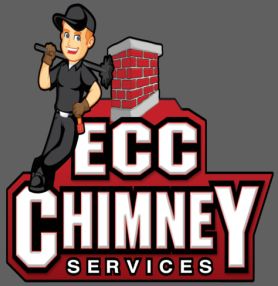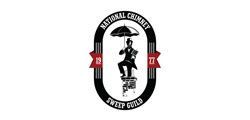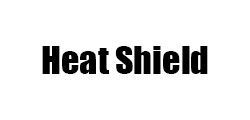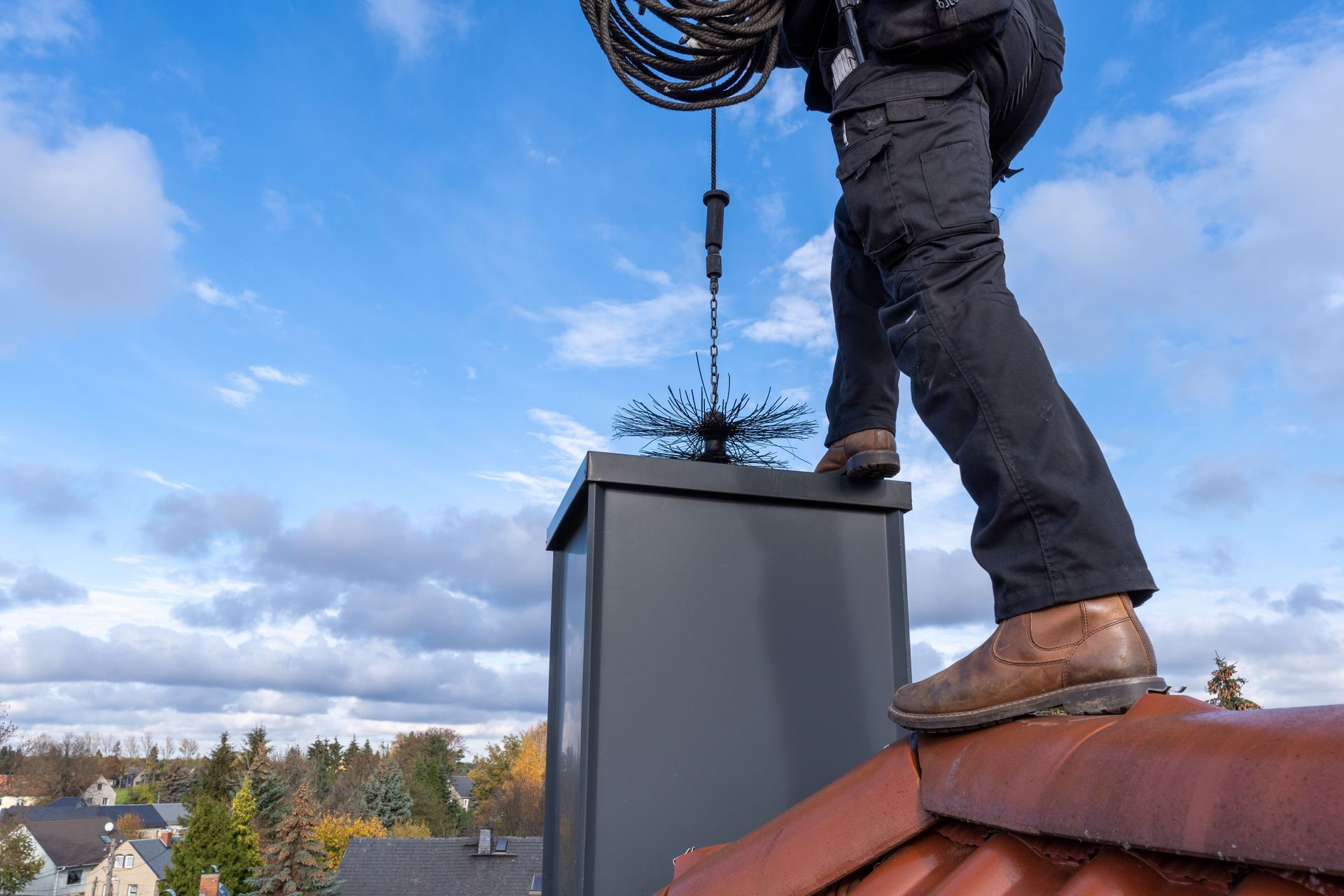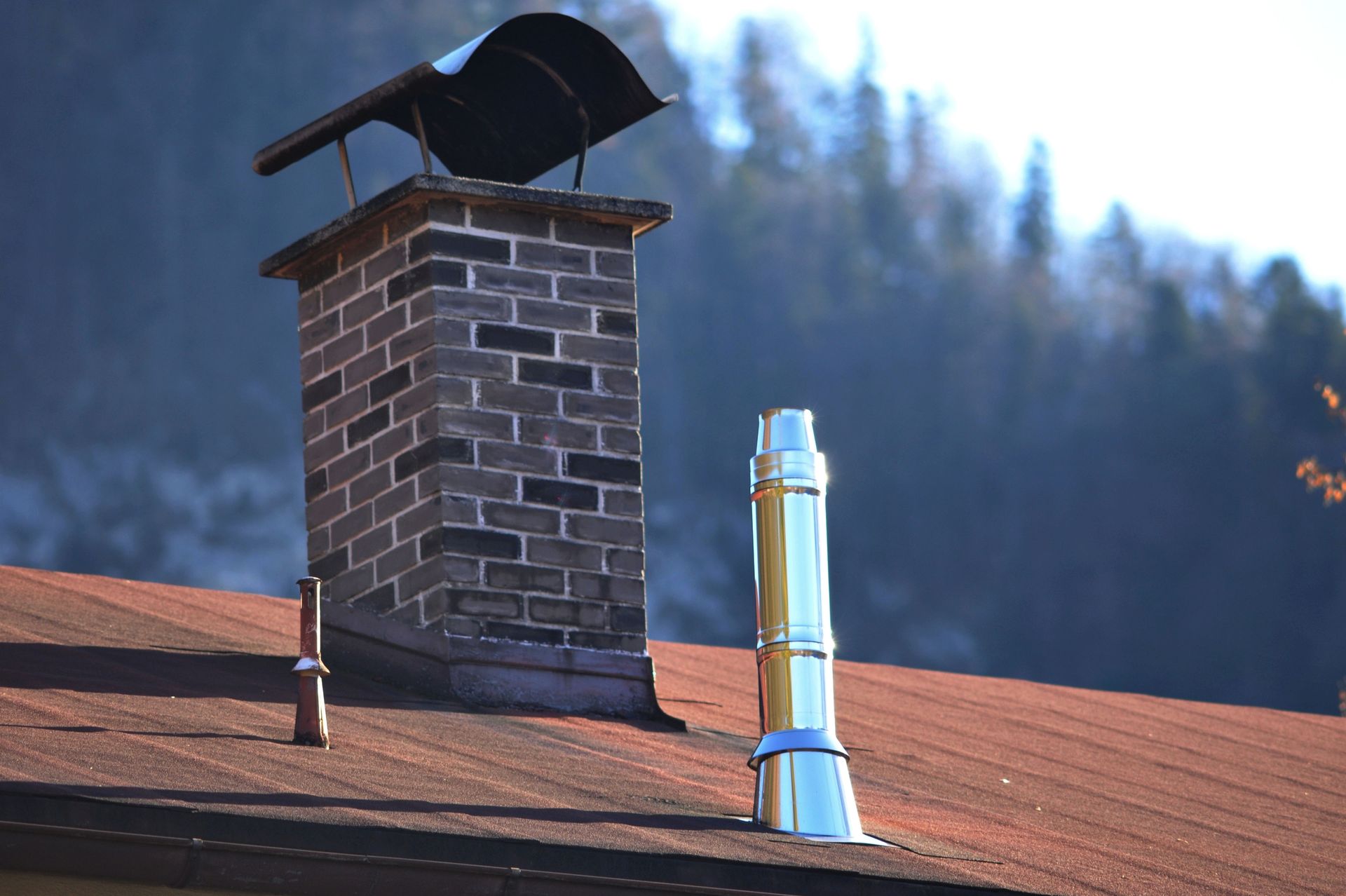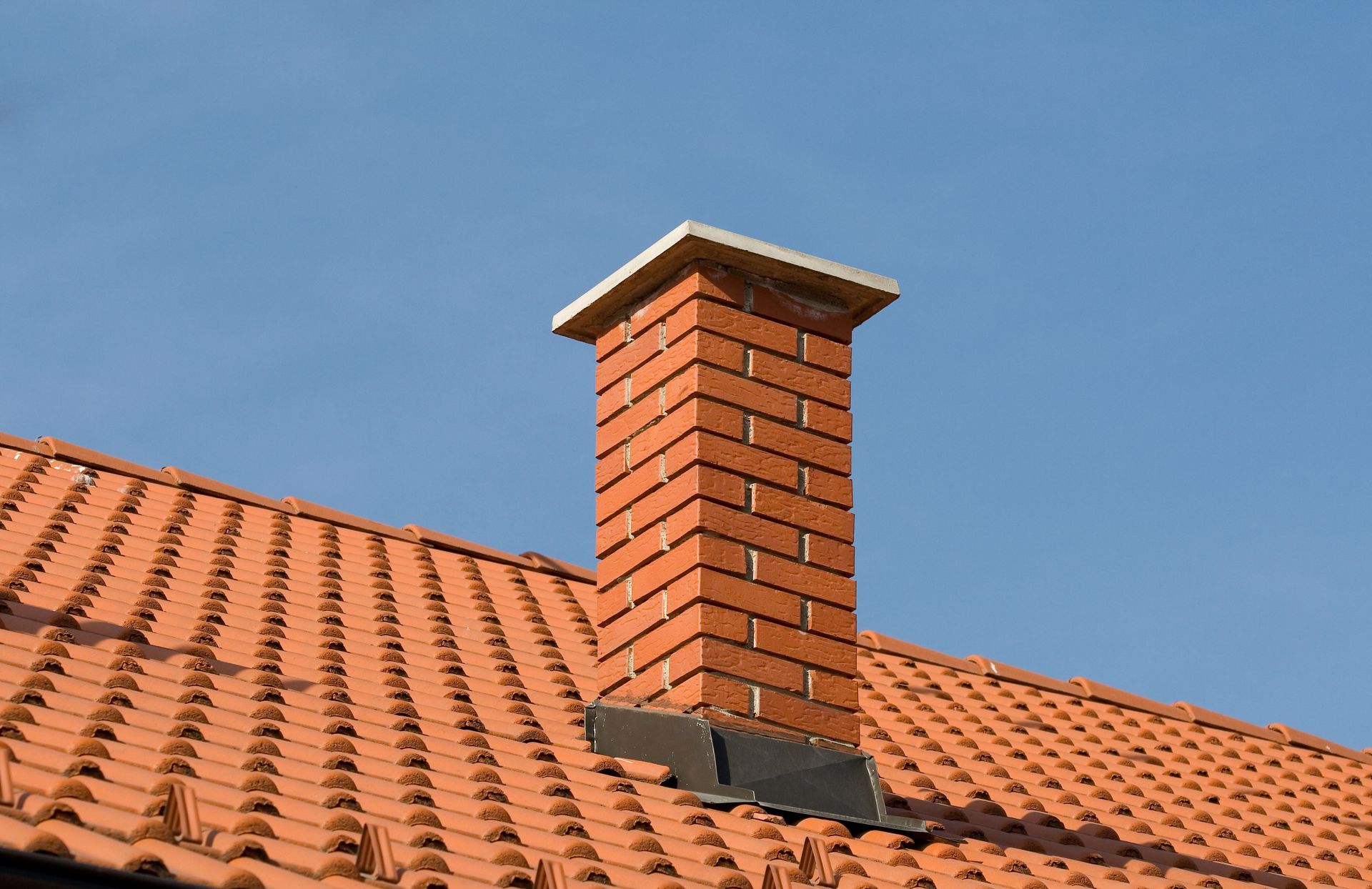FAQs
ECC Chimney Service
How frequently should I have my chimney cleaned?
The necessity of chimney cleaning is based on the extent of creosote buildup. The Chimney Safety Institute of America (CSIA) recommends annual inspections of chimneys to determine whether cleaning is needed.What are the signs that a chimney requires cleaning?
Signs that indicate your chimney requires cleaning include diminished fire efficiency, noticeable soot stains, signs of animal intrusion, poor ventilation, and various other indicators. A professional assessment can verify if a cleaning is warranted.Is a chimney cap necessary?
Yes, a chimney cap is strongly advised. It acts as a safeguard against rain, snow, animals, and debris entering your chimney, thereby preserving its functionality and safety.Is your company licensed and insured?
Absolutely. Our chimney sweep service is fully licensed and insured to operate in Rhode Island and Connecticut, ensuring you have peace of mind when utilizing our services.How frequently should I clean my wood stove?
To ensure safety and optimal performance, we advise cleaning your wood stove at least once a year. However, depending on usage and various other factors, more frequent cleaning may be advantageous.Do you provide service for pellet, wood, and gas stoves?
Yes, indeed. Our chimney sweep service is fully equipped and trained to handle all types of stoves, including pellet, wood, and gas variants.How can I determine the extent of creosote accumulation in my chimney?
Creosote buildup is classified into four levels based on its appearance and consistency. Level 1 features a flaky, powdery residue that is easily removed. Level 2 consists of a sticky, tar-like coating. Level 3 presents as a hard, brittle crust that significantly elevates fire risk. Level 4, known as glazed creosote, is a thick, shiny layer that is highly flammable and challenging to remove. A professional inspection is recommended for an accurate assessment of the buildup in your chimney.
